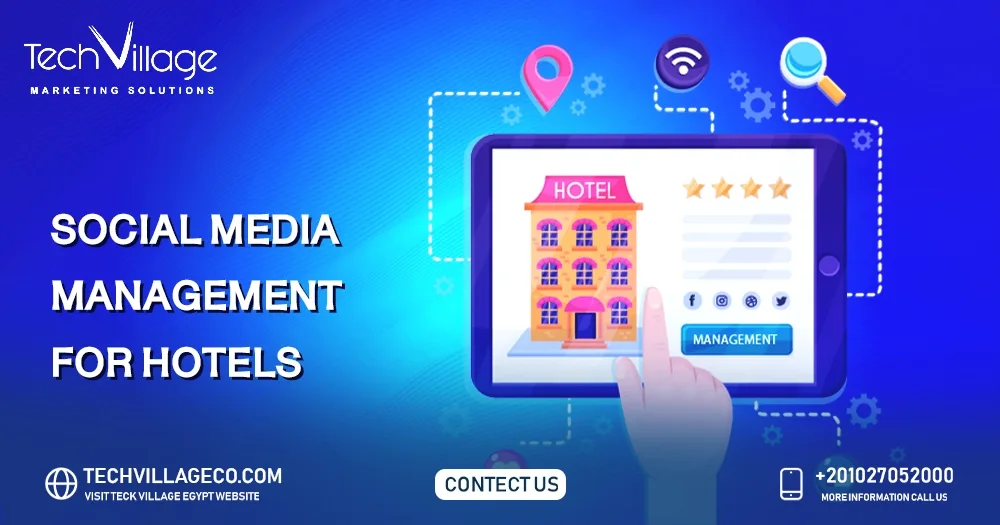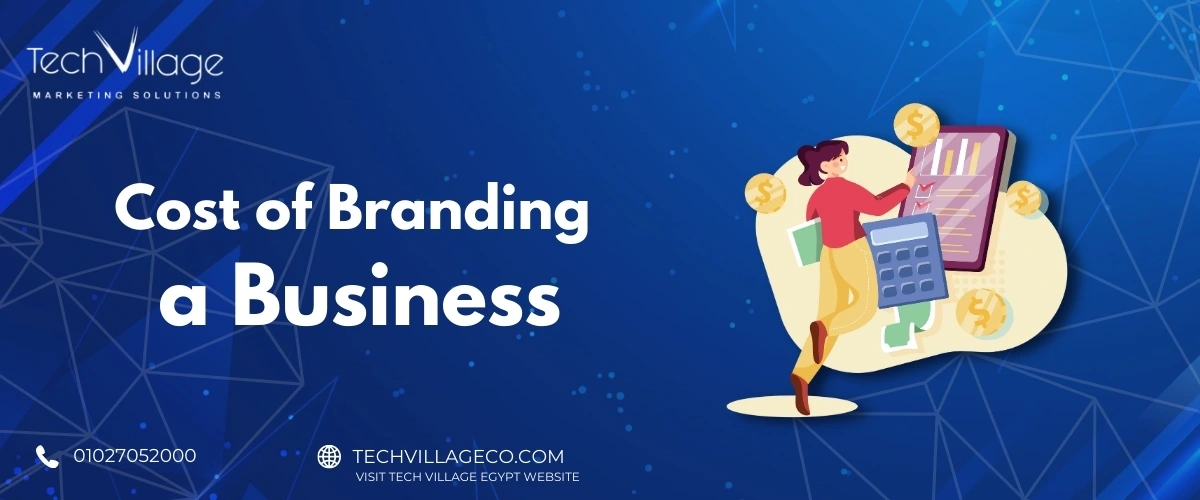Social media management for hotels involves strategically leveraging social platforms to enhance a hotel’s online presence, engage with potential guests, and drive bookings. By crafting tailored content, engaging with followers, and utilizing targeted advertising, hotels can effectively showcase their amenities, share promotions, and build a vibrant online community. Effective social media management for hotels not only helps in attracting new guests but also in fostering loyalty among existing ones, thereby contributing to the overall success and reputation of the hotel.
Table of Contents
ToggleWhat Is Social Media Management For Hotels?
Social media management for hotels involves the strategic planning, execution, and oversight of a hotel’s presence on various social media platforms. This process includes creating and sharing engaging content, managing interactions with guests, running targeted advertising campaigns, and monitoring performance metrics.
The goal is to boost the hotel’s online visibility, attract and engage potential guests, and foster positive relationships with current guests. Effective social media management helps build the hotel’s brand, drive bookings, and enhance overall guest satisfaction.
Get to know: What Is Google Trends In Digital Marketing.
How Do Hotels Use Social Media?
Regarding social media management for hotels. Hotels use social media in several key ways:
- Marketing and Promotion: Sharing updates, promotions, and special offers to attract potential guests. High-quality images and videos of the property can highlight its features and amenities.
- Customer Engagement: Interacting with guests through comments, messages, and reviews to build relationships and address concerns. Engaging with followers helps to humanize the brand and improve guest satisfaction.
- Reputation Management: Monitoring and responding to reviews and feedback to manage the hotel’s online reputation. Positive reviews are highlighted, and negative feedback is addressed constructively.
- Content Creation: Posting content that showcases the hotel’s unique experiences, such as local attractions, events, and behind-the-scenes glimpses, to create a compelling narrative and generate interest.
- Influencer Partnerships: Collaborating with travel bloggers, influencers, and local personalities to reach a wider audience and gain authentic endorsements.
- Customer Service: Providing timely responses to inquiries and booking requests, enhancing the overall guest experience.
- Analytics and Insights: Tracking engagement metrics and audience behavior to refine marketing strategies, optimize content, and improve campaign effectiveness.
Get to know: What Is Google Trends In Digital Marketing.
What Are The Obstacles Of Using Social Media In Hospitality?
Using social media management for hotels presents several challenges:
1. Reputation Management: Negative reviews or comments can spread quickly and impact a hotel’s reputation. Managing and addressing these issues effectively requires vigilance and prompt responses.
2. Content Consistency: Maintaining a consistent and engaging content schedule can be resource-intensive. Ensuring that all posts align with the hotel’s brand and message is essential but can be challenging.
3. Customer Expectations: Social media sets high expectations for fast responses and personalized interactions. Meeting these expectations consistently requires dedicated staff and efficient processes.
4. Resource Allocation: Managing multiple social media platforms and campaigns requires time, effort, and often a dedicated team. Small hotels may struggle with limited resources.
5. Negative Feedback: Dealing with dissatisfied guests publicly can be challenging. Addressing complaints tactfully while maintaining a positive image requires skill.
5. Algorithm Changes: Social media algorithms frequently change, affecting the visibility of posts and the effectiveness of advertising. Staying updated with these changes and adapting strategies accordingly is necessary.
6. Security and Privacy: Protecting guest information and ensuring privacy while engaging on social media is crucial. There is a risk of data breaches or misuse of information.
Read also: Automotive Digital Marketing Strategy.
The Power Of Social Media In Hospitality Industry
Social media management for hotels wields significant power in the hospitality industry, offering various advantages:
- Enhanced Visibility: Social media platforms provide extensive reach, allowing hotels to showcase their brand, amenities, and unique experiences to a global audience.
- Targeted Marketing: Hotels can use social media to run highly targeted advertising campaigns based on demographics, interests, and behavior, reaching potential guests more effectively.
- Customer Engagement: Direct interaction with guests through comments, messages, and posts fosters relationships, builds brand loyalty, and enhances guest satisfaction.
- Real-Time Feedback: Social media enables instant feedback from guests, offering valuable insights into their experiences and helping hotels address issues promptly.
- Influencer Collaboration: Partnering with influencers and travel bloggers can boost credibility and expand reach, leveraging their followers to attract new guests.
- Brand Building: Consistent and engaging content helps in establishing and maintaining a strong brand identity, influencing how potential guests perceive the hotel.
- Market Trends: social media management for hotels analytics provide insights into trends and guest preferences, aiding in strategic planning and marketing efforts.
Read also: Best Digital Marketing Agency In Cairo.
What Are The Social Factors Affecting Hospitality Industry?
According to tech village, there are several social media management for hotels factors affect the hospitality industry:
1. Changing Consumer Preferences: Shifts in guest preferences, such as a growing demand for unique, personalized experiences or eco-friendly practices, influence how hotels and restaurants tailor their offerings.
2. Cultural Trends: Cultural norms and values impact dining and accommodation choices. For instance, preferences for local or international cuisine can affect restaurant menus and hotel services.
3. Social Media Influence: Reviews and recommendations on social media platforms can significantly impact a hotel’s reputation and attract or deter potential guests.
4. Demographic Changes: Variations in age, income, and lifestyle among different demographic groups shape demand for various types of accommodations and services.
5. Health and Wellness Trends: Increasing awareness of health and wellness influences guest expectations, with a growing demand for fitness facilities, healthy menu options, and wellness programs.
6. Economic Factors: Economic conditions affect disposable income and travel budgets, influencing travel frequency and spending behavior.
7. Sustainability Concerns: Rising environmental awareness drives demand for sustainable practices in hospitality, such as energy-efficient operations and waste reduction.
Conclusion
In conclusion, effective social media management for hotels is crucial for hotels seeking to thrive in today’s competitive hospitality landscape. By engaging with guests through dynamic content, personalized interactions, and targeted advertising, hotels can enhance their brand visibility, foster meaningful connections, and drive increased bookings. Embracing a well-rounded social media strategy enables hotels to not only capture the attention of potential guests but also build lasting relationships with their existing clientele, ultimately contributing to their long-term success and growth.
FAQ
How Does Social Media Affect Hotel Management?
Social media significantly impacts hotel management by influencing brand visibility, guest engagement, and overall reputation. It provides a platform for hotels to market themselves effectively, share updates, and interact with guests in real-time. Positive and negative reviews on social media can shape public perception, making reputation management crucial.
What Are The Roles Of Social Media In Hotel Marketing?
Social media plays a crucial role in hotel marketing by enhancing brand visibility, engaging with potential and current guests, and driving bookings. It allows hotels to showcase their amenities and unique offerings through compelling content, such as images and videos. Social media platforms facilitate direct interaction with guests, enabling personalized responses and addressing inquiries or concerns in real-time. Targeted advertising and promotional campaigns help reach specific audiences, while influencer partnerships can extend the hotel's reach and credibility.

 AR
AR




